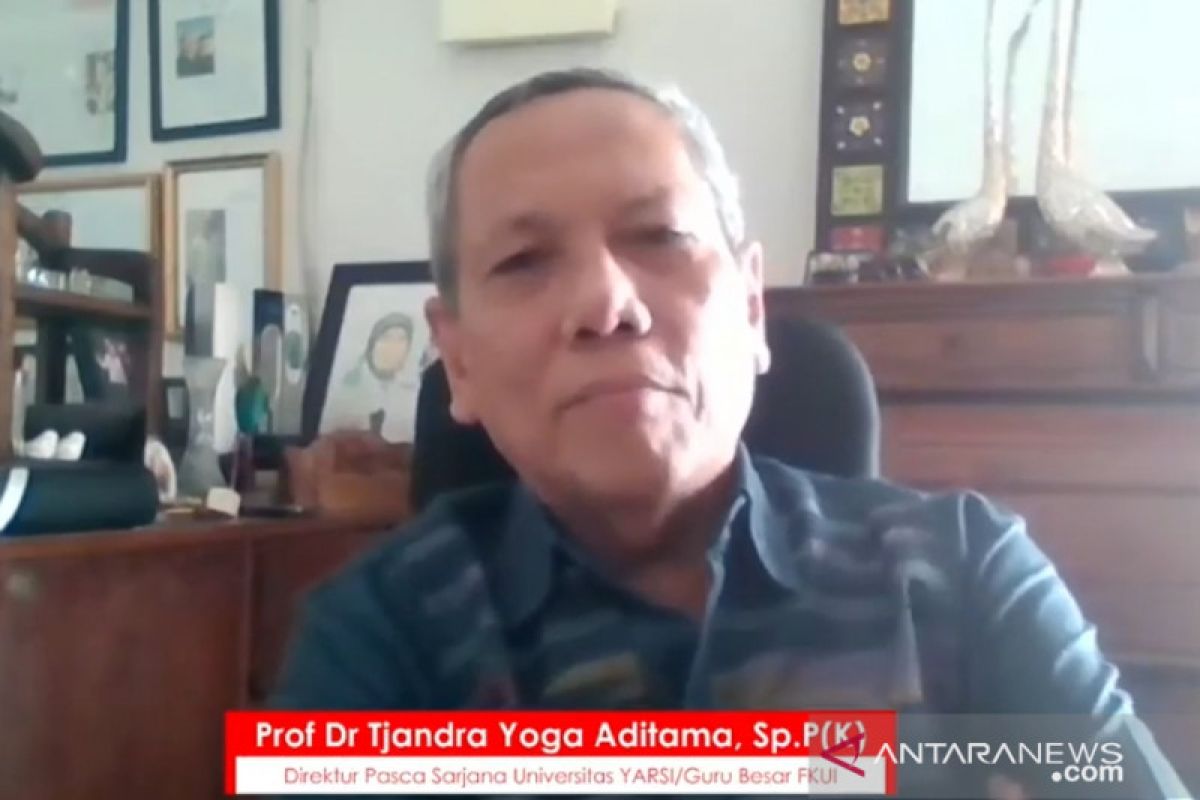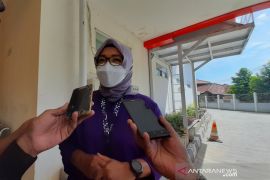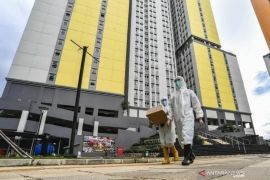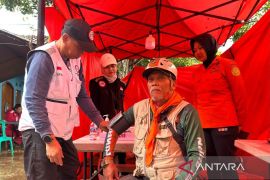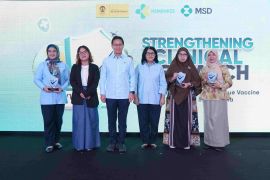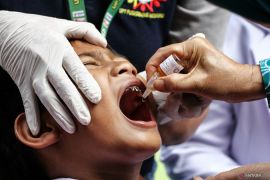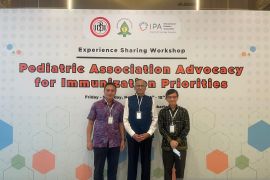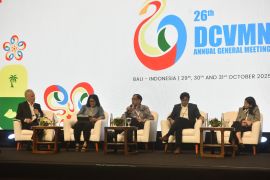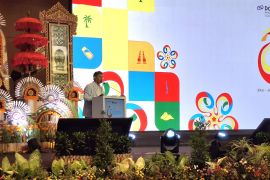"Current public activities restrictions will end tonight on August 9, 2021. There are some things that need to be considered (before the government chooses to ease them)," Prof. Tjandra Yoga Aditama from University of Indonesia said in a written statement received in Jakarta on Monday.
The first thing to consider is the number of deaths caused by COVID-19, he said. At the beginning of the enforcement of the emergency community activity restrictions, the daily death toll stood at 491. The number has currently tripled to 1,500 per day.
Indonesia's positivity rate currently stands at 25 percent -- 10 times higher than India's positivity rate, which is 2.7 percent, he pointed out.
On the other hand, the bed occupancy rate at isolation and emergency rooms has declined, he added.
New COVID-19 cases in some regions of Java declined ever since community activity restrictions were enforced, he noted.
The second thing that needs to be considered before easing the PPKM policy is data from districts or cities on community transmission and the public health response, Aditama said.
Related news: Evaluate restriction outcomes before relaxation: pulmonologist
"In districts/cities where these two aspects have improved, we can consider gradual easing with extreme caution," he advised.
He stressed that the easing of PPKM must take account of strict evaluation and monitoring, and be adjusted if deemed necessary.
"The (policy) easing of an area must consider areas that are directly adjacent to it," Aditama said.
Three basic principles need to be reinforced while easing PPKM -- social restrictions, testing, and tracing according to targets, he added.
"Besides that, the target for vaccination must also be reached," he stressed.
The authorities must also aim to focus maximum efforts to reduce the mortality rate and implement good risk-communication, he said. These would be part of the collective efforts made by the government and field practitioners, who also need to conduct valid and complete scientific analyses for decision-making, he added.
Related news: Three regions outside Java-Bali see spike in COVID cases
Translator: Andi Firdaus, Mecca Yumna
Editor: Rahmad Nasution
Copyright © ANTARA 2021
